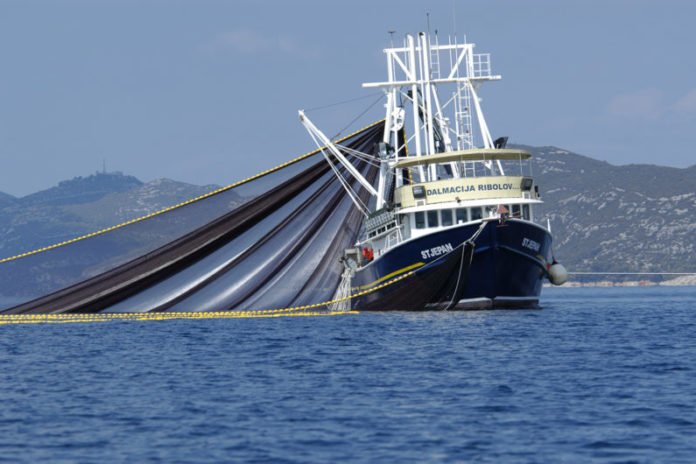A new study led by Stanford scientists suggests that fishing bans don’t hurt fishing communities. Such bans hold the potential to aid fish to survive. It can also prevent overfished regions without hurting people’s livelihoods.
Scientists specifically tracked vessels during a short-lived trawling moratorium in the Adriatic Sea and found that fishers maintained their catch levels by fishing elsewhere. For that purpose, scientists used a common onboard technology, Automatic Identification System, that regularly transmits data to prevent collisions.
Scientists found that fishing vessels that complied with a one-year fishing ban maintained their catch levels by moving to other areas.
In view of the gathering’s discoveries that the boycott did not hurt yields, the General Fisheries Commission for the Mediterranean Sea and the European Union expanded the conclusion for an extra three years. Pending assessment of the boycott’s advantages, it might be broadened further.
The study also holds promise for other highly exploited areas where enforcement is challenging. In addition, the study also suggests that some of the dislodged angling influenced other delicate living spaces – a drawback that Elahi and Micheli plan to analyze all the more nearly in up-and-coming examinations.
Lead author Robin Elahi said, “The decision to extend protection was a significant step forward, but the challenge remains where conservation and socioeconomic goals conflict.”
Scientists noted, “The approach could be used to observe fishing behavior around other marine protected areas and to track whether the bans force fishers into other sensitive ecosystems. It could even serve as a deterrent to violating fishing restrictions.”
Fiorenza Micheli, the study co-author, said, “Our findings demonstrate how even in areas where there’s intense and complex use, it is possible for different parties to achieve success.”
“If we want to continue to catch fish, we have to create places without fishing. We’re protecting the sea’s ability to heal itself and ensuring our own economic health in the process – both in the short and long term.”
This research was funded by the Stanford Woods Institute for the Environment’s Environmental Venture Projects program and Oceans 5.
The study was published in Frontiers in Ecology and Environment.
